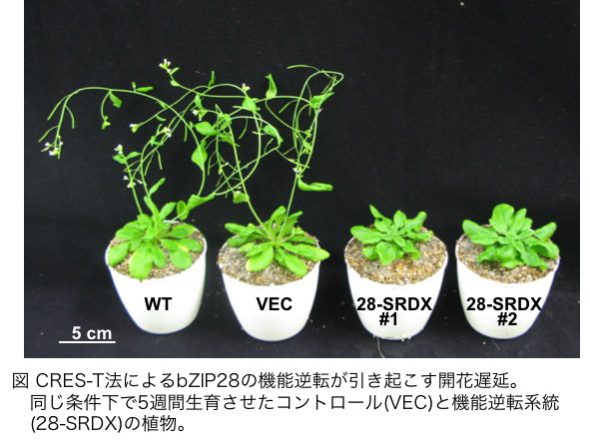-
About
- Kyoto Prize
-
Research Grants
-
Social Contributions
- Events
- News
This website uses cookies to improve the user experience. If you continue on this website, you will provide your consent to our use of cookies.
About
Research Grants
Social Contributions

Researcher,Center for Sustainable Resource Science, RIKEN*Profile is at the time of the award.
2020Inamori Research GrantsBiology & Life sciences
In recent years, the field of molecular genetics has experienced major changes such as the universalization of mass sequencing technology, the automation of phenotypic analysis using artificial intelligence, and the spread of highly accurate genome editing technology. By quickly catching up with the ongoing changes in the research environment, I will move forward from molecular genetics, which has focused on the analysis of the function of individual genes, to research that aims to understand the dynamics and networks of biological phenomena.
In nature, life’s growth, development and reproduction are achieved as an optimized interaction with the environmental dynamics. Tradeoffs between plant defense and growth become a frequent research issue, while yet the detailed molecular machinery remains largely unknown. In this study, I discovered the ectopic expression of the functionally reversal form of bZIP28, a plant transcription factor mediating the intracellular stress responsive regulon UPR (unfolded protein response), resulted drastic delay of flowering. This view appeared the tight association between stress response and flowering pathways. NGS-aided transcriptome (RNA-seq) analysis was conducted to analyze the underlying machinery of the delaying flowering. In results, multiple genes contributing gibberellin biosynthesis pathway and a photoperiod-responsive gene CO were suppressed in the flowering-delayed plant. And their promoter contains multiple bZIP-targeting cis-elements candidates. Overall, our research identified the promising gene regulation pathway from UPR to flowering modulation, which would benefit to understand the stress-induced flowering phenomena.
Biology & Life sciences

